Police in Kent County get microchip scanners to reunite pets with owners
GRAND RAPIDS, Mich. (WOOD) — Police departments across Kent County are getting pet microchip scanners to help officers reunite lost pets with their owners.
The Kent County Animal Shelter is using part of a $4,700 grant from a local nonprofit to provide the scanners to local police departments.
Angela Hollinshead, the shelter’s director, said the idea emerged last year when a police agency picked up a stray dog and brought it to the animal shelter. The shelter’s staff scanned the animal, learned it had a microchip and contacted the owner.
“We said, ‘Hey, we have your dog at the shelter, we’d love for you to come and get him,'” Hollinshead recalled. “The gentleman replied, ‘I’m not in a position to do that, I have a transportation barrier.'”
The man lived in the outskirts of the county, Hollinshead said. Staff later learned his pet had been recovered just two doors down from his home but was taken all the way to the animal shelter in Grand Rapids.
“That really got us thinking, ‘Is there a way we can prevent things like this from happening?'” she said. “Is there a tool we can put in the hands of local law enforcement in the field before they get transported all the way to the shelter in Grand Rapids?”
The shelter eventually decided to buy 20 microchip scanners for police departments around the county. Some of the larger departments received multiple scanners — the Grand Rapids Police Department got six, Hollinshead said — but every department has at least one.
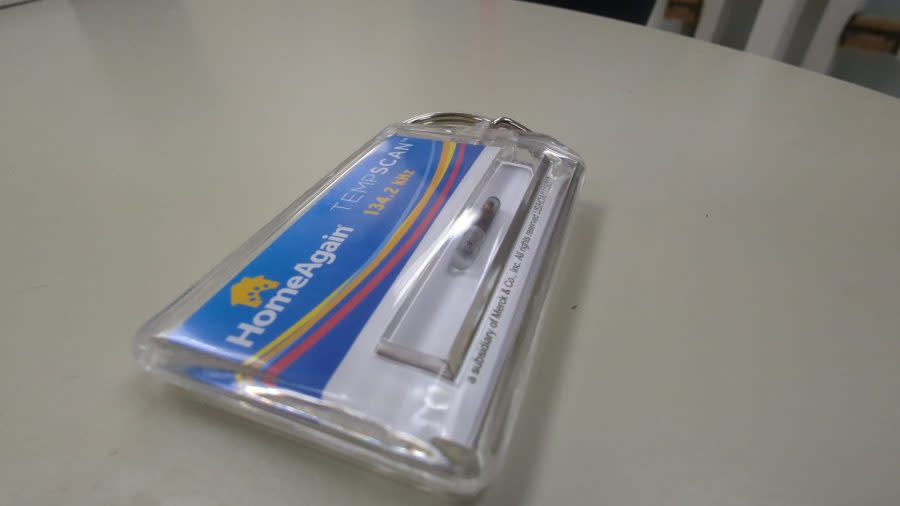
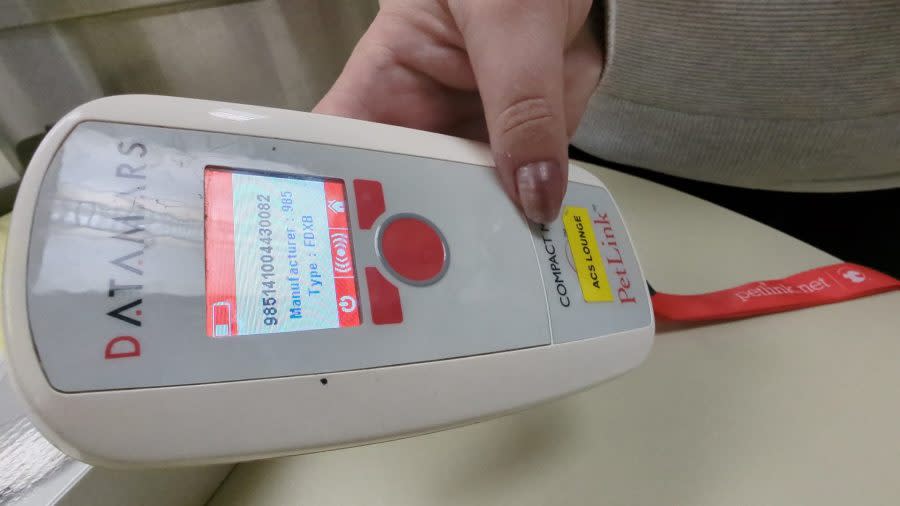
When police in Kent County find stray animals, they can now use the tool to get them back home — assuming the animal has a microchip. Officers take the device and scan it over the pet’s microchip, which gives them a chip identification number. The number allows police to contact the manufacturer, which will then get in touch with the owner.
“A lot of times, law enforcement after-hours will run across animals that are injured,” Hollinshead added. “They’ve been hit by cars, they’ve been in fights with other animals, so time is of the essence when it comes to getting those animals help and care. If we can get them back to their families before anyone else has to make those choices for them, that’s really the best solution for the pet.”
Usually, police bring lost dogs to the shelter in Grand Rapids. But with the scanners, police can find the owner much sooner than that and allow them to pick up their pet nearby instead of at the shelter.
“It’s a win for the animal shelter because it’s one less animal we’re having to care for,” Hollinshead said. “It’s a win for law enforcement because they’re able to do a good community service to the public, and it’s a win for the owner because they’re not having to miss their pet or risk not being reunited with it.”
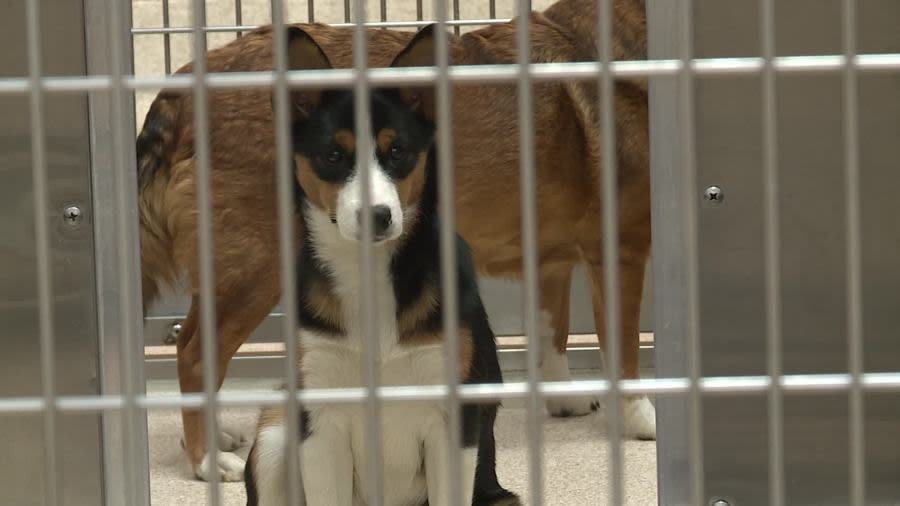
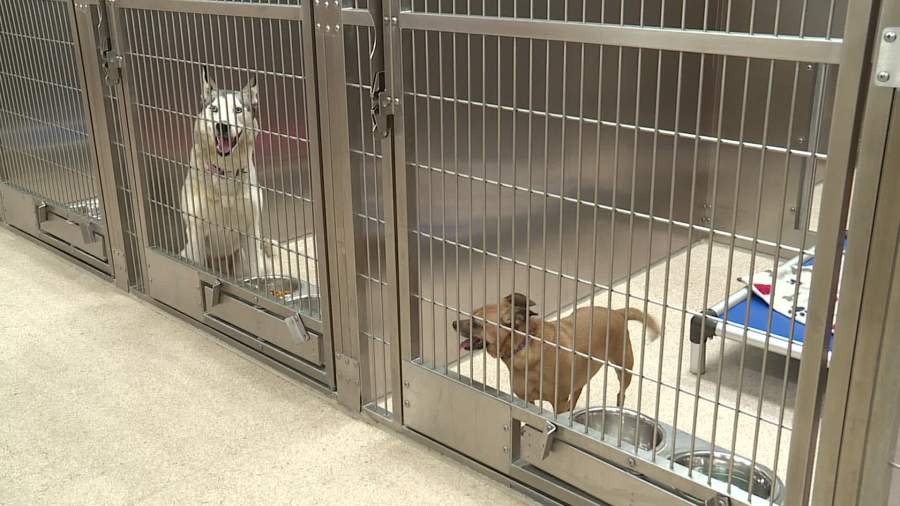
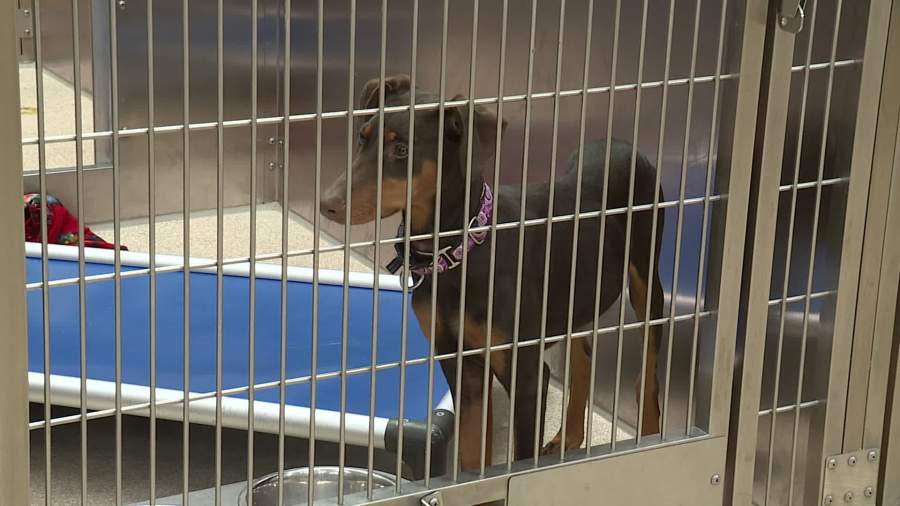
According to the American Veterinary Medical Association, 10 million dogs and cats are lost or stolen across the country every year. Its research found that only 22% of lost dogs entering shelters returned to their families, but that rate jumped to 52% when the dog was microchipped.
“The more pets that are in the community that are microchipped, the more opportunity we have to get them back to their families before law enforcement intervention is necessary or even animal control has to bring them to the shelter,” Hollinshead said.
She added that local vets can place microchips. Those interested can also visit the shelter’s website to learn about microchipping options, including at events hosted by local nonprofits.
For the latest news, weather, sports, and streaming video, head to WOODTV.com.

